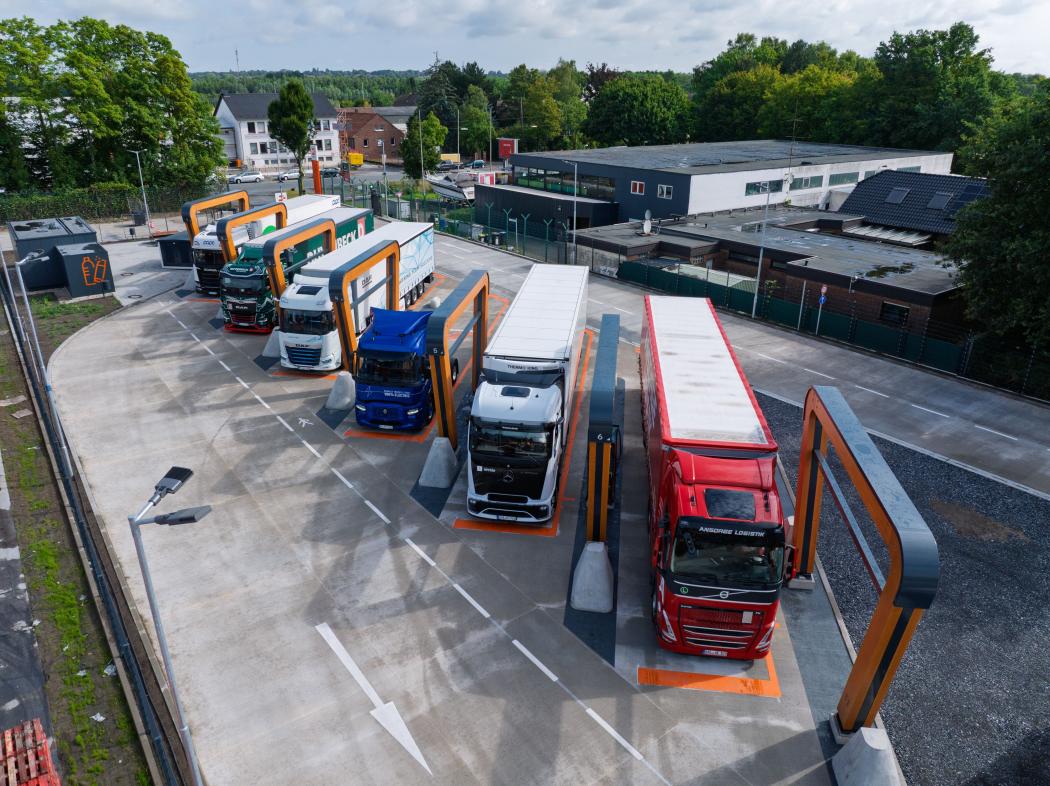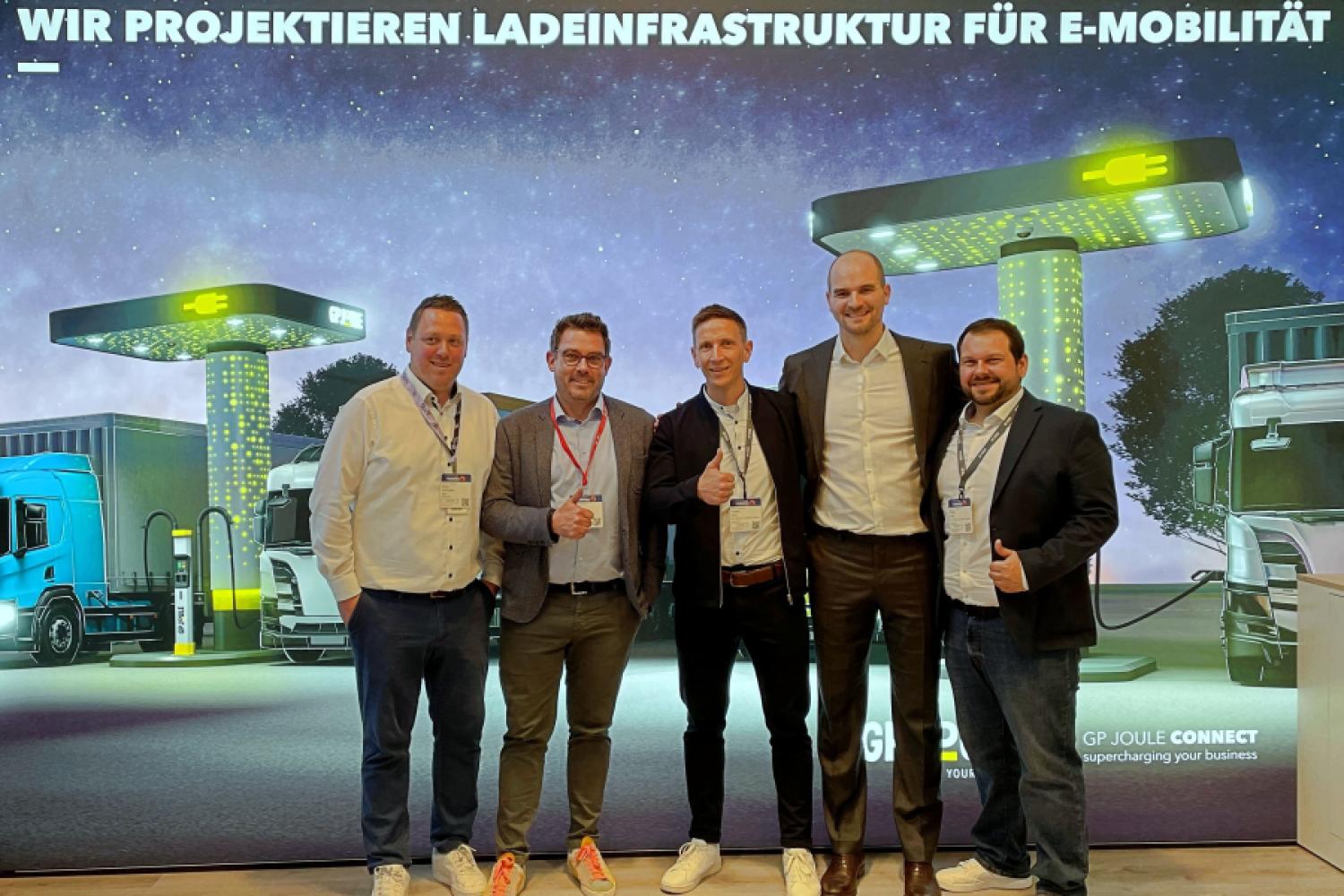This makes Recklinghausen the fifth charging park of the company in Germany. The strategically well-located charging park on the northern edge of the Ruhr area is intended to serve as an important hub for heavy electric vehicles along the trans-European transport network (TEN-T) in Western Germany. It features six CCS charging stations (Combined Charging System) with up to 400 kW. In the second phase, the charging capacity is set to be increased with the introduction of a Megawatt Charging System (MCS), it is stated. Additional comfort and relaxation for drivers are provided through toilets, showers, and vending machines.
Drivers can pay universally with a variety of common charging cards. Direct payment via terminal or with the Milence Card is also possible. The standard tariff is 0.399 euros/kWh (plus VAT). Anja van Niersen, CEO of Milence:
"Germany is the heart and central hub of European road freight transport. Today's opening of our charging park in Recklinghausen is an important step
in bridging the gap for the electrification of freight transport in Western Germany. With this expansion, a more robust charging infrastructure is now available in the Ruhr area, making it easier for fleet operators to switch to electric trucks and giving them the necessary planning reliability for their routes. Emission-free transport is not only feasible but is also gradually becoming economically sustainable and offers clear economic advantages. Milence is proud to actively contribute to this transformation in Germany and to lay the groundwork for a sustainable future."
The three new charging parksAll new charging parks are located at busy traffic junctions and enable electric freight transport along the TEN-T core network corridors Rhine-Alps and Scandinavia-Mediterranean:
- Recklinghausen (A2, 6 CCS charging points) connects the North Sea ports of Rotterdam and Antwerp with Hanover or Berlin and Poland
- Koblenz (near A61, 8 CCS charging points) connects the regions of Cologne and Frankfurt
- Kirchberg an der Jagst (A6, 8 CCS charging points)
- is located on the A6 and connects Southern Germany with the French border as well as the Rhine-Neckar and Nuremberg metropolitan regions
Building charging infrastructureWith one of the highest market shares of battery-electric long-haul trucks in Europe and its central location in the continental logistics network, Germany is a particularly relevant market for the electrification of road freight transport, according to the company. With the opening of the new charging parks, the company aims to triple its number of German charging points and further advance the expansion of a nationwide charging network for e-trucks.
By the end of 2025, Germany is expected to be one of the largest markets in the Milence network with a total of eight operational charging parks. NRW Minister for Economics and Climate Protection Mona Neubaur:
"With the first charging park for e-trucks in NRW, we are making a big step towards climate-friendly delivery traffic. Here, electric trucks can be charged with clean electricity -
this protects the environment and reduces noise in our cities and communities. It is clear: The future of logistics is electric. Therefore, we are actively supporting this transformation - for better climate protection, for a strong, competitive economy, and for a sustainable North Rhine-Westphalia."
Planning security for logisticiansIn Europe, electric freight corridors are forming, including long distances such as Barcelona-Lyon, Paris-Hanover, and Antwerp-Stockholm as the first corridor with megawatt charging stations (MCS). Their own charging parks are important hubs on these routes and form the basis for the first European electric corridors.
By the end of 2025, Milence plans to operate over 30 charging parks in nine markets. In line with the EU's Alternative Fuel Infrastructure Facility (AFIF), 284 MCS charging points are to be installed at 71 locations in ten EU member states by 2027. In the future, a booking tool is supposed to facilitate the planning of charging processes and further increase efficiency for fleet operators, according






